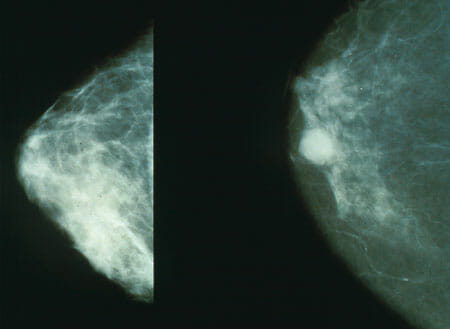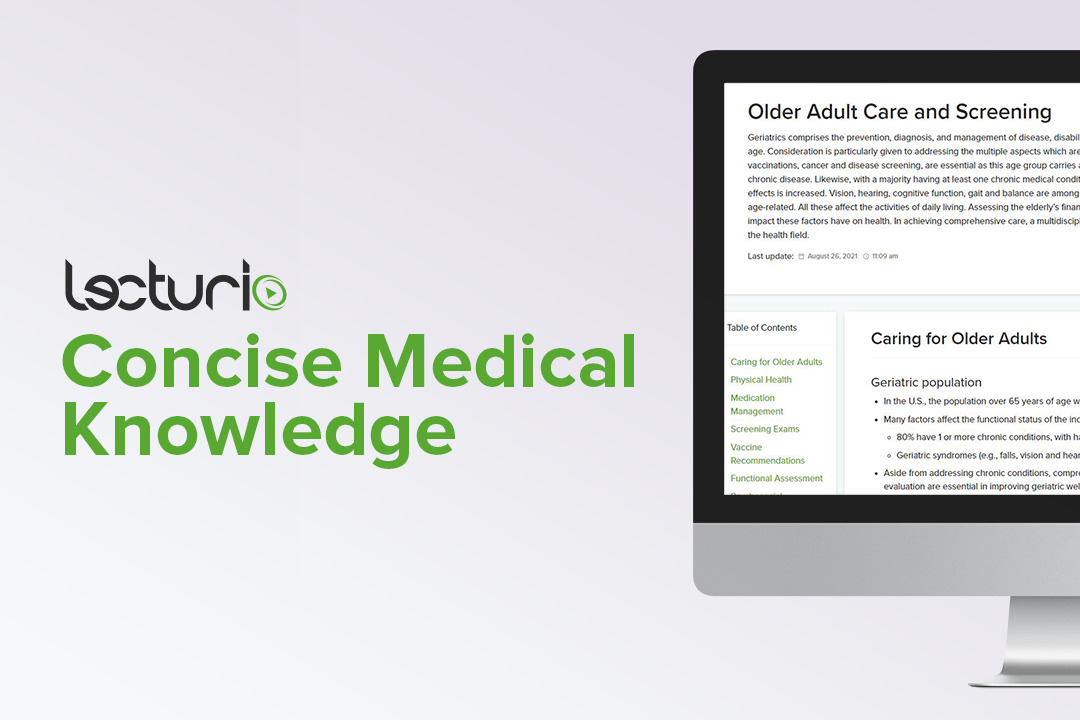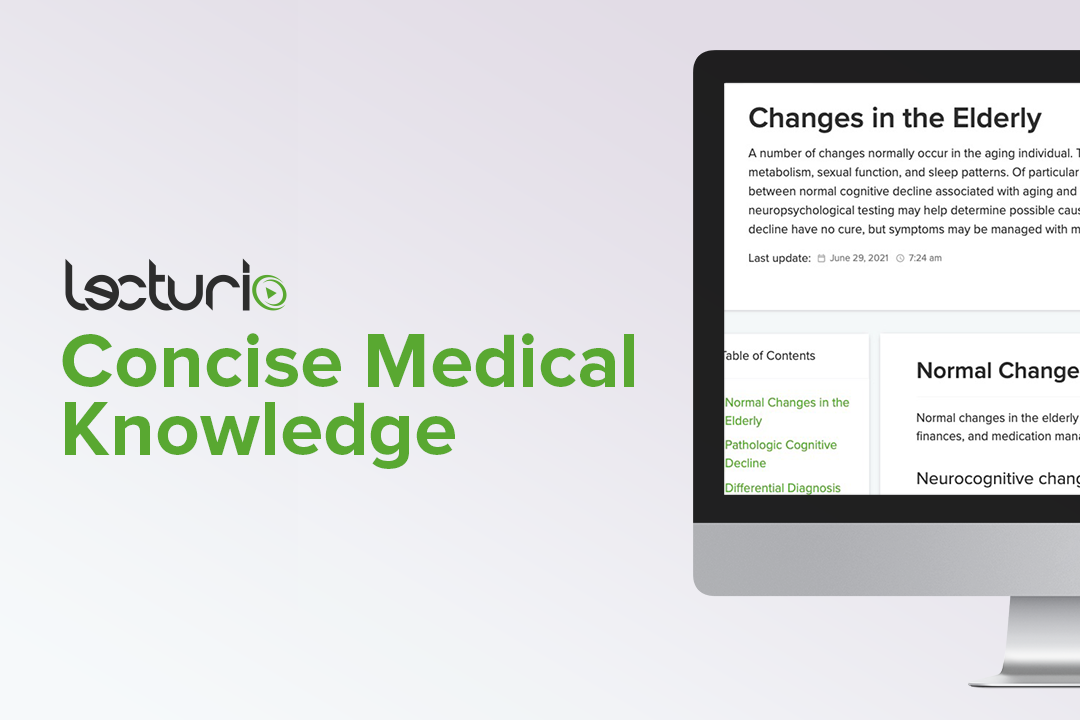Playlist
Show Playlist
Hide Playlist
Screening Exams for Older Adults
-
Slides OlderAdults GeriatricCare.pdf
-
Download Lecture Overview
00:01 So, one thing is - we've talked about screening exams. 00:05 Most exams aren't indicative if the life expectancy is less than five years, but I wouldn't just depend - I've got a chart coming up which shows you when to consider stopping these screening tests for cancer. 00:19 But in a very vital patient, don't necessarily think that just because they have reached the age of 75, therefore, it's absolutely the time to stop screening. 00:29 Actually, it may be better to continue to screen those patients. 00:33 And in a patient who is 60, but facing multiple severe illnesses, with a very poor prognosis, they don't necessarily need to go through cancer screening. 00:42 They have enough probably going on in terms of their medical care, just keeping up with appointments for multiple specialists, multiple tests and procedures. 00:51 And therefore, the safe thing is always involve patients and/or their caregivers in decision-making. 00:57 That said, cervical cancer screening, that one is more of a hard-stop just because the risk of cervical cancer among women with previous normal cervical cancer screening tests is very low. 01:08 So, no matter what their level of vitality and their life expectancy is, if they have several normal Pap tests in the past, I generally will stop cervical cancer screening, age 65. 01:21 Age 75 is definitely the year to stop screening for prostate cancer. 01:25 Consideration to stop screening for colorectal cancer. 01:29 You can actually - you can consider stopping breast cancer screening. 01:34 But for a lot of women, they might go through age 80 or even 85 continuing with breast cancer screening. 01:42 So, vaccine is important in the older age group. 01:45 Zoster should be given at age 50 years. 01:47 According to the CDC, adults who are immunocompetent and aged 65 years or older should receive the 20-valent pneumococcal conjugate vaccine (PCV20) or PCV15. If PCV 15 is given, the patient should receive a dose of the pneumococcal polysaccharide vaccine (PPSV23) 12 months later. 02:11 Influenza vaccine annually. 02:13 And continue Tdap vaccine, especially as these older folks are exposed to their grandkids. 02:19 They can either acquire or pass along pertussis. 02:23 And both of those are high risk groups. 02:25 Nobody wants pertussis, so keep the Tdap vaccine going every 10 years. 02:28 Additionally, ensure that patients have received an updated COVID-19 vaccine. Those who are age 60 or older and at high risk for severe respiratory syncytial virus infection may opt to receive the RSV vaccine. 02:44 Shared decision-making is encouraged for these individuals.
About the Lecture
The lecture Screening Exams for Older Adults by Charles Vega, MD is from the course Geriatric Care.
Included Quiz Questions
Which of the following vaccinations is recommended in older adults?
- Herpes zoster vaccine
- Diphtheria vaccine
- Pertussis vaccine
- Human papillomavirus vaccines
- Meningococcal vaccine
What is the most appropriate age for discontinuing cervical cancer screening in average-risk patients who have adequate prior screening and no factors that warrant extended screening?
- 65 years
- 55 years
- 75 years
- 45 years
- 35 years
Customer reviews
5,0 of 5 stars
| 5 Stars |
|
5 |
| 4 Stars |
|
0 |
| 3 Stars |
|
0 |
| 2 Stars |
|
0 |
| 1 Star |
|
0 |






